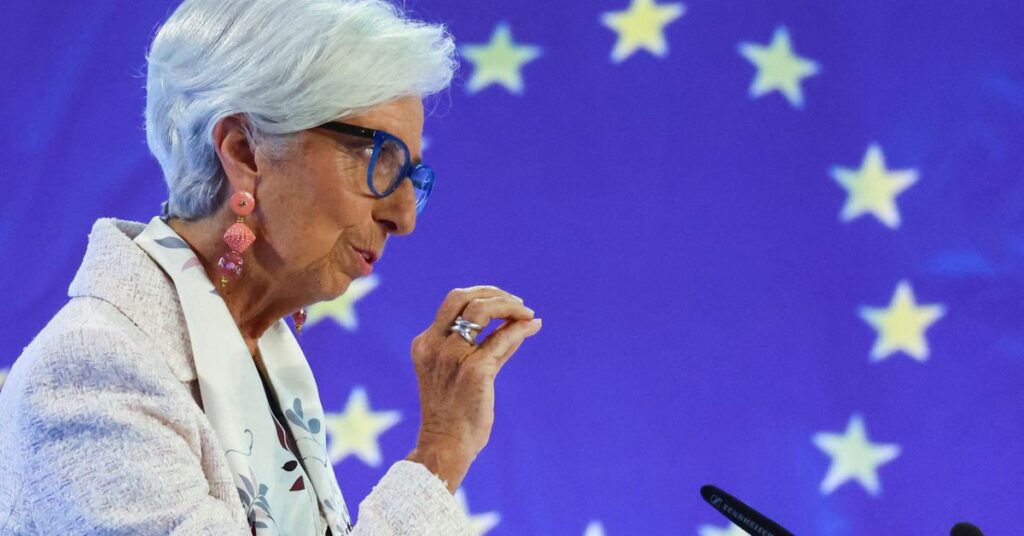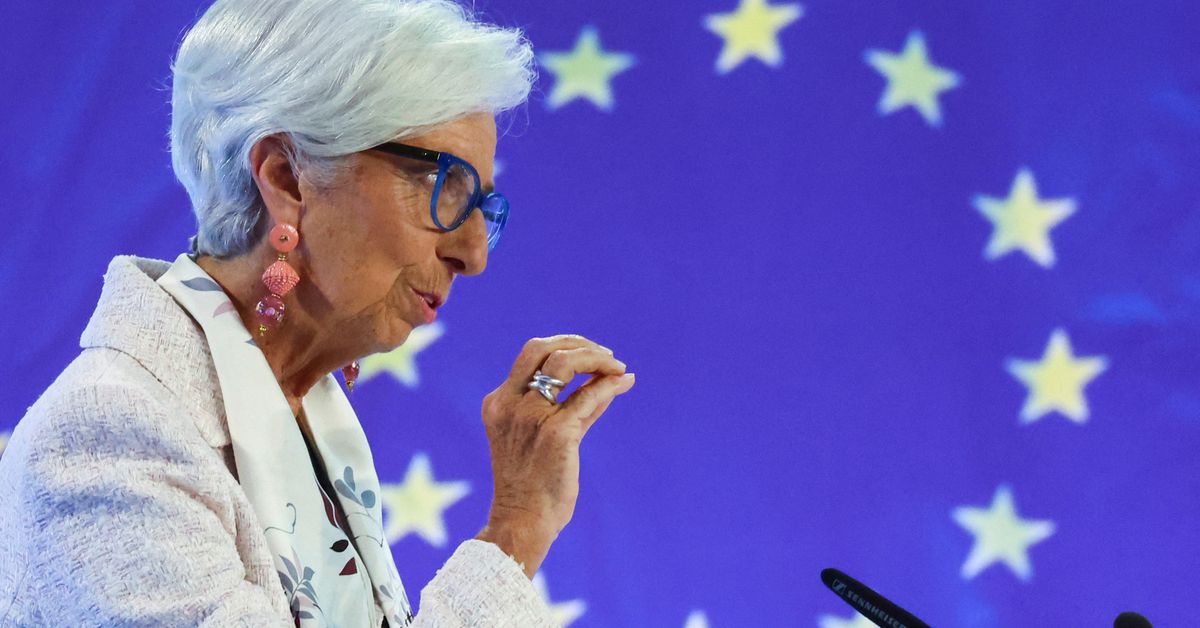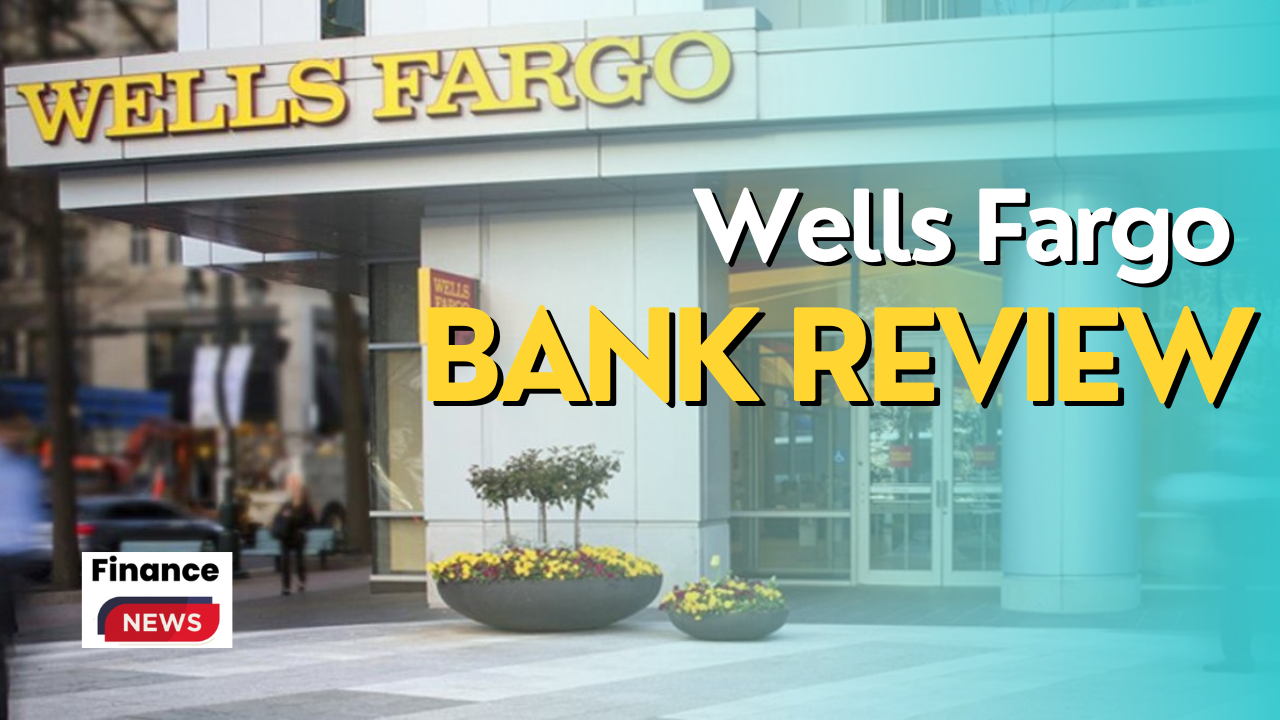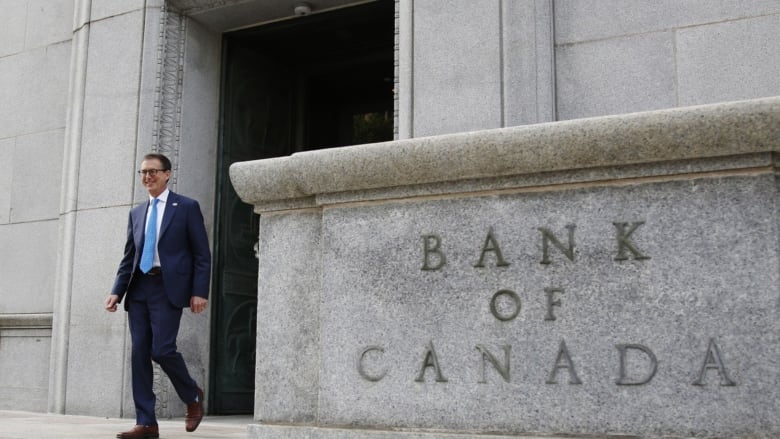
By Jack, Sep 14, 2023, 09:15 PM
On Thursday, the European Central Bank (ECB) made a significant announcement, raising its main interest rate for the 10th consecutive time. This decision was driven by the ECB’s determination to combat rising inflation, which took precedence over concerns about a weakening economy.
Over the course of these consecutive rate hikes, the central bank had elevated its main deposit facility rate from -0.5% in June 2022 to a historic high of 4%. The primary reason behind the latest rate hike was the upward revisions in the staff macroeconomic projections for the euro area. These projections now anticipate inflation to average 5.6% for the current year, up from a previous forecast of 5.4%, and 3.2% for the following year, compared to a prior projection of 3%.
However, it’s worth noting that the ECB adjusted its medium-term forecast slightly downward, from 2.2% to 2.1%.
In a statement that had a substantial impact on the financial markets, the ECB suggested that further rate hikes might not be imminent. The statement conveyed, “Based on its current assessment, the Governing Council considers that the key ECB interest rates have reached levels that, maintained for a sufficiently long duration, will make a substantial contribution to the timely return of inflation to the target. The Governing Council’s future decisions will ensure that the key ECB interest rates will be set at sufficiently restrictive levels for as long as necessary.
✓ August Surplus in U.S. Budget Emerges Following Student Loan Cost Reversal
✓ Emerging Scam Targeting Shiba Inu (SHIB) Community
✓ European Central Bank Announces a 4% Increase in Interest Rates
“Following this announcement, the euro experienced a sharp decline, falling by 0.5% against the U.S. dollar to reach $1.0686, marking a three-month low.
Conversely, European stocks rallied after a cautious start to the day, with the benchmark Stoxx 600 index gaining 1.1%.
Additionally, the ECB’s decision led to a 25 basis point increase in the interest rates on its primary refinancing operations and marginal lending facility, which now stand at 4.5% and 4.75%, respectively.
The ECB’s staff also revised their economic growth projections for the euro area, with estimates reduced to 0.7% growth in 2023, 1% in 2024, and 1.5% in 2025, down from previous projections.
Before this September’s meeting, there was uncertainty among economists and analysts regarding whether the more dovish or hawkish members of the ECB would prevail. Money markets indicated a roughly 63% chance of a rate hike on Thursday, up from a more evenly balanced outlook in recent days.
Inflation concerns have been fueled by reports of tightening oil supplies and increasing prices for the remainder of the year and beyond, coupled with indications of wage growth. A Reuters article published on Wednesday, which reported that the ECB expected euro zone inflation to remain above 3% in 2024, appeared to boost market expectations of a rate hike.
ECB President Christine Lagarde, in a post-announcement news conference, acknowledged that not all members of the Governing Council held the same view, with some preferring to delay decisions until more data and insights were available. Nevertheless, a solid majority of governors supported the decision to raise rates.
Lagarde emphasized that the ECB’s approach remains data-dependent, and there is no definitive answer regarding whether rate hikes have concluded. However, she stressed that the current belief of the Governing Council is reflected in the statement that rates at their current levels will make a “substantial contribution” to fighting inflation if maintained for an extended period.
Meanwhile, Germany, the largest economy in Europe, has continued to experience economic challenges, with declining business sentiment and contractions in both services and manufacturing sectors. It is forecasted to be the only major European economy to contract in the current year. Despite this, the broader euro zone also faces a gloomy economic outlook, with business activity declining to its lowest level since November 2020 in August.
Peter Schaffrik, Chief European Macro Strategist at RBC Capital Markets, noted that market attention would focus not only on the rate hike itself but also on the language used in the ECB’s statement. Of particular interest are the 2025 inflation forecasts and the indication of rates being maintained for a “sufficiently long duration,” suggesting a prolonged period of rate stability.











